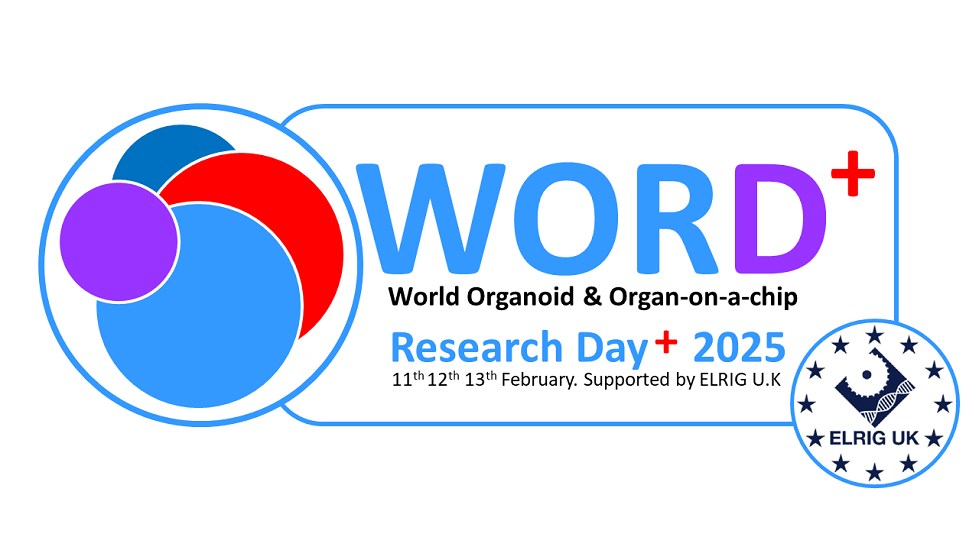Authors
G ten Hag1; C Verissimo1; M Derksen1; T Bezhaeva1; R Overmeer1; F Pourfarzad1; R Vries1; SF Boj1;
1 HUB Organoids. B.V., Netherlands
Overview
The lack of preclinical in vitro human models representing different organs and recapitulating key disease hallmarks, has made drug development inefficient and costly. Patient-derived organoids (PDO, or HUB Organoids®) are adult stem cell-derived three-dimensional organotypic structures representing the original tissue genetics and physiology with long-term expansion capacity.
Introduction
PDOs recapitulate the cellular diversity and patient heterogeneity and provide a relevant platform to study the epithelium, its response towards drugs, microbial or inflammatory challenges. PDOs are suitable for modelling human diseases such as cancer, inflammatory diseases or infectious diseases.
Methods
At HUB, we established patient-derived organoid biobanks from multiple tissues (i.e. gastrointestinal tract, bladder, lung) and from paired normal and diseased epithelia (i.e., tumour, inflammatory bowel disease).
Results
Here, we demonstrate the application of HUB Organoids to extensive small molecule library screening or disease modelling by combining organoids with T cells (Immuno-oncology), fibroblast (inflammatory disease) or pathogens (infections disease) and developing specific readouts to provide customised solutions to address market needs.
Conclusion
From inflammatory to infectious diseases, including cancer, HUB Organoids are a relevant preclinical platform that brings patients into the lab and is revolutionising drug discovery and development.

